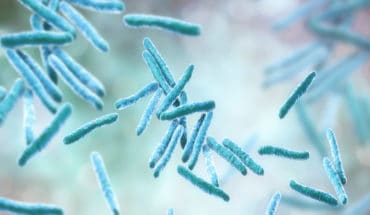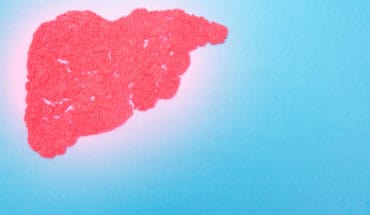Starvation tops A&E growth list as emergency cases triple in England since 2018, while self-harm cases drop by up to 49%
• Lack of food has become the biggest growth area in A&E admissions in England, with figures more than tripling since 2018.
• Pollution-related illnesses land in second place, with a 191% increase, while surgical mishaps take the third spot after a 179% rise.
• Cases of self-harm show a welcome decline, with intentional self-poisoning by narcotics falling by nearly half between 2018 and 2024.
A shocking new analysis of NHS data has revealed that lack of food is now the fastest-growing cause of A&E admissions in England, with a 219% rise in just six years.
Personalised medical bracelet specialists at The ID Band Company have analysed NHS Hospital Admitted Patient Care Activity data to identify England’s fastest-growing causes of A&E admissions.
Just 70 patients needed emergency care for hunger back in 2018-19, but the figure shot up to 230 cases by 2023-24, a 218.5% increase. This dramatic spike raises serious questions about growing food poverty in England.
Environmental pollution victims have also surged, with A&E visits jumping 190.8% over six years. Patient numbers tripled from a mere 16 cases to 48 between 2018 and 2024, pointing to increasing health risks from our surroundings.
Surgical errors caused the third-highest jump, with emergency figures rising 179.9%. NHS records show 1,418 patients needed urgent treatment after medical mishaps in 2018-19, compared to 4,094 in 2023-24.
Adverse reactions to standard medical procedures saw the biggest actual increase, with cases rising from 40,881 to 103,295 over the analysed period – the largest volume across all emergency causes. This equates to an overwhelming 144.9%.
Physical medicine device failures rose by 142.4%, while cardiovascular equipment issues saw a 131.2% surge. Malfunctions in stomach and urinary system devices also place among the leading causes of A&E admissions, with figures climbing 129.3% since 2018.
Reactions to vaccines triggered 108.5% more emergency visits, going from 2,060 admissions in 2018-19 to 4,430 in 2023-24.
Complications related to women’s health devices rose by 107.7%, with 420 cases recorded in 2023-24, while breathing emergencies completed the top ten with an 84.9% rise, increasing from 376 to 717 admissions.
But not all A&E admissions are rising. In fact, several categories have plummeted – particularly transport accidents and self-harm cases.Pick-up truck collisions with trains have completely vanished from hospital records, showing a 100% drop with zero cases in the latest year (as opposed to 216 in 2018-19).
Shotgun and rifle assault injuries decreased by 70.6%, with victims dropping from 56 in 2018-19 to just 17 last year.
Heavy vehicle accident admissions decreased by 56.1%, followed closely by swimming pool drownings, which dropped by 55.6%.
Poisonings from industrial solvents declined by 52.9%, and firearm-related injuries decreased 50.5%.
Perhaps most notably, admissions for various types of intentional self-poisoning have significantly declined. Cases involving intentional self-poisoning by psychotropic drugs fell by 49.2%, dropping from 31,778 to 16,644.
Admissions for accidental poisoning by pesticides and intentional self-poisoning by narcotics dropped by 48.8%, while intentional self-poisoning by alcohol decreased by 47.3%.
Rounding out the causes of A&E that have plummeted the most are admissions for occupants of special construction vehicles injured in transport accidents, which dropped by 46.3%.
Paula Lingard, Business Consultant at The ID Band Company, said,
“The significant rise in admissions related to lack of food is particularly concerning and may reflect growing food insecurity in England, highlighting the importance of addressing basic needs as part of our approach to public health.”
“The sharp rise in admissions related to medical devices and procedures suggests a need for better monitoring systems and patient identification in healthcare settings. Personalised medical identification can play a crucial role in ensuring appropriate emergency care for those with specific medical conditions or devices.
“It’s also interesting, and promising, to see a decrease in admissions by intentional self-poisoning – this could be a reflection of improved mental health support services or changes in reporting practices. Nonetheless, we must remain vigilant about mental health issues and ensure those at risk are identified early and supported appropriately.”
- Coeliac UK at Medical Research Showcase - 30th January 2026
- USA Fat Camp (1940) - 30th January 2026
- Almost half of Brits on weight loss jabs are ‘hacking’ medication - 30th January 2026







